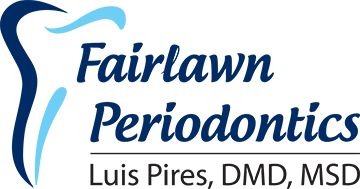Dental implants provide something no other prosthetic can: a replacement for the roots of missing teeth. Other tooth replacement options such as conventional bridges and dentures only address the loss of visible tooth structure. Implant dentistry gives patients an opportunity to replace all of a tooth’s missing structures – starting with their roots.
Implant dentistry has changed the way oral health professionals and patients look at tooth loss. With dental implants, our patients enjoy an unprecedented improvement in oral function with long-lasting prosthetics.
Fairlawn Periodontics offers consultations for those reviewing their tooth replacement options. We offer single and multiple-tooth replacement.


